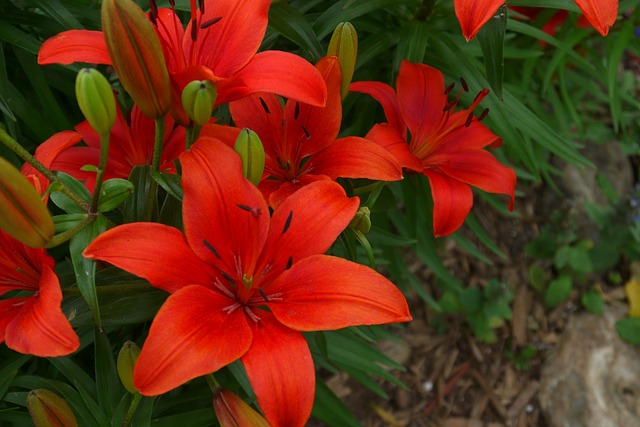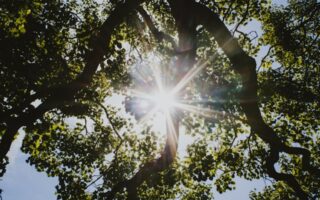A few years ago, I was asked to give a reflection for the week of prayer for Christian unity at St. Vincent College. I stood at the podium before I began and looked out at the people gathered there. The crowd consisted of clergy from various Christian denominations, students, monks, lay people, as well as the president and former president of the college. As I looked at the audience, I was reminded of an experience I had much earlier in my life. I remembered standing on the springboard about to start my beam routine at the finals of an important competition. When I stood on that springboard and looked out at the waiting audience, I wanted to disappear. I didn’t want to start. I had no confidence in myself. My sense of self was devastatingly out of joint with the self I showed to the world. That moment on the springboard is a symbol for a way I lived for many, many years. I lived with what I call a collapsing sense of self. I would feel okay and then a look, a word, a criticism led to such a powerful sense of deflation that I felt I had no self at all. It was painful to exist.
When I stood at the podium in the Crypt beneath the basilica at St. Vincent College and looked out at the people gathered to pray for Christian unity, however, I knew I had a self. I knew my self was in no way perfect, in no way extraordinary, but I knew this self was the gift I had to offer and that this gift was enough, is enough. I have something to say that is not more important than what others say, but also not less important.
Finding a way from my collapsing sense of self to a more mature understanding of my place in the world involved crossing a desert of insecurity. I was only able to cross this desert by listening for a spirituality that is not the majority voice in the Christian tradition. I listened for the minority voice, the voice of pain, the voice that speaks for those who live on the underside of selfhood, those who need to turn down the volume of others in order to hear their own voice.
I recently read a book on Emily Dickinson. Dickinson spent years suffering from depression and writing her poetry was a way to write herself into wholeness. She once said “consider the lilies” was her only commandment. I found this interesting because the passage in which Jesus asks us to consider the lilies (Lk 12:22-34) is a passage I return to again and again as I work to cross from a place of alienation from my self to being at home in my self. I once spent a year reading this passage as my entry into prayer every morning. It is a passage close to my heart.
Jesus asks many important questions in Luke 12:22-34. Two that stand out to me are questions he asks when pointing to ravens and lilies. When Jesus points to the ravens that are fed by God, he says to his disciples,
Of how much more value are you than the birds?
Luke 12:24
Then, when Jesus tells the disciples that God clothes the lilies and the grass of the field with glory, he says,
How much more will he clothe you—you of little faith!
Luke 12:28
Through these questions Jesus calls me to the kind of trust I find the hardest, a trust that says that I have inherent value, a value given by God, a value that is not based on what I do or accomplish, but is given to me as a gift. I am of value because God values me. I am enough.
For me this is the greatest challenge, to believe I am enough. “I am enough,” are words I say to myself when I am facing a task that I find particularly anxiety provoking. These words are not a statement of ego, they are a statement of trust and a statement of relationship. I never feel like I am enough and at this point in my life feeling like I am enough will probably never come naturally. My habit energy is a habit energy of pushing and pushing myself to do more and be more, to do better and be better. So, when I say to myself, “I am enough,” it is a statement that asks me to relax, to let go of pushing myself to rise above my human frailty, my striving to meet external expectations, my desire to please people, and instead, consider the lilies. It is a statement that asks me to see that all the things that make me feel like I am not enough, my vulnerability, my fragility, my mistaken understanding of myself and others, my inability to do things perfectly or to be perfect in my relationships, are the very things that most vitally connect me to God and to others. I am enough because I am human, and I share the same human feelings of others around me. It is a statement that allows my circling thoughts to quiet enough that I can see the beauty of the lilies, find wonder in all people I encounter, listen for joy, and celebrate with gratitude the gift of life given to all of us by God.













